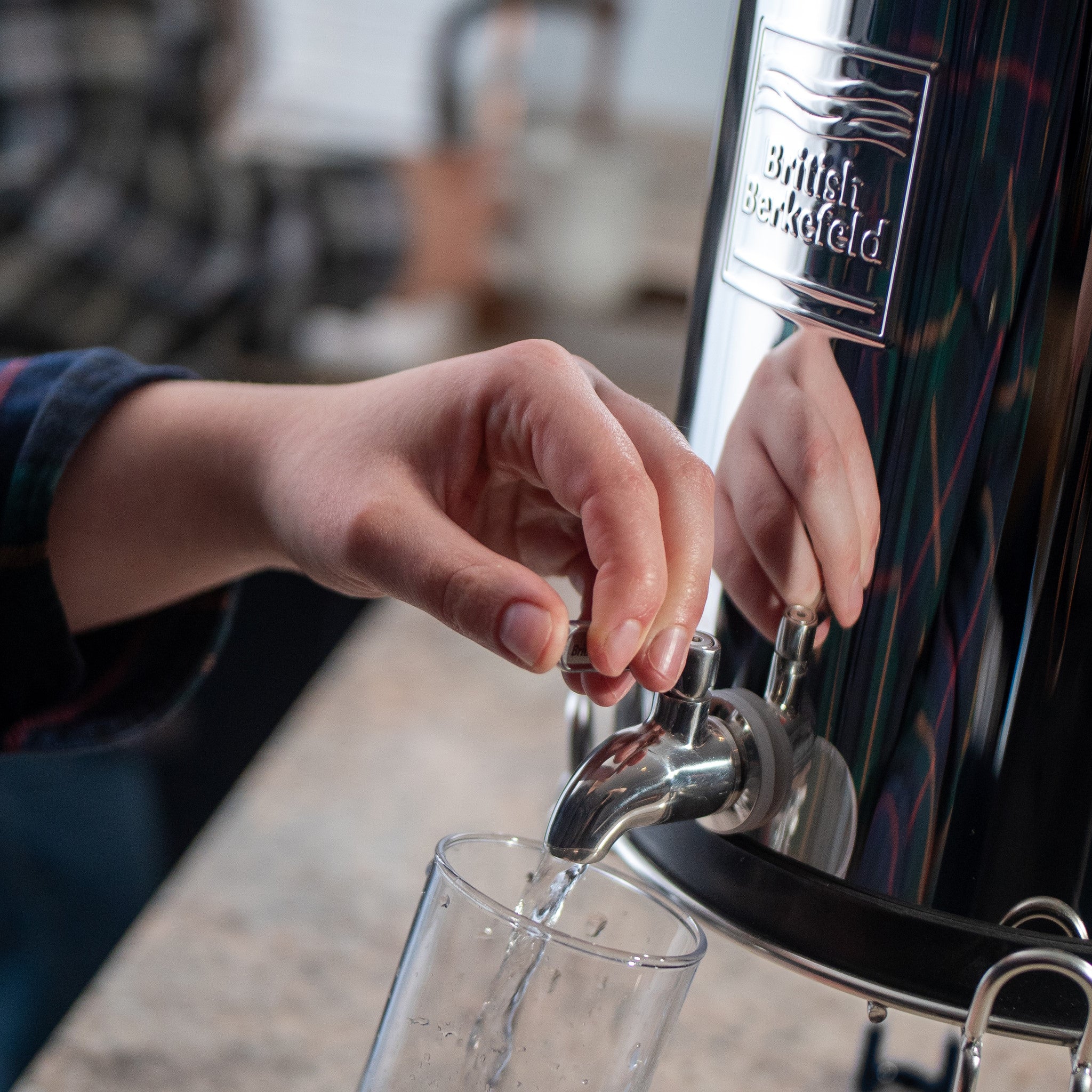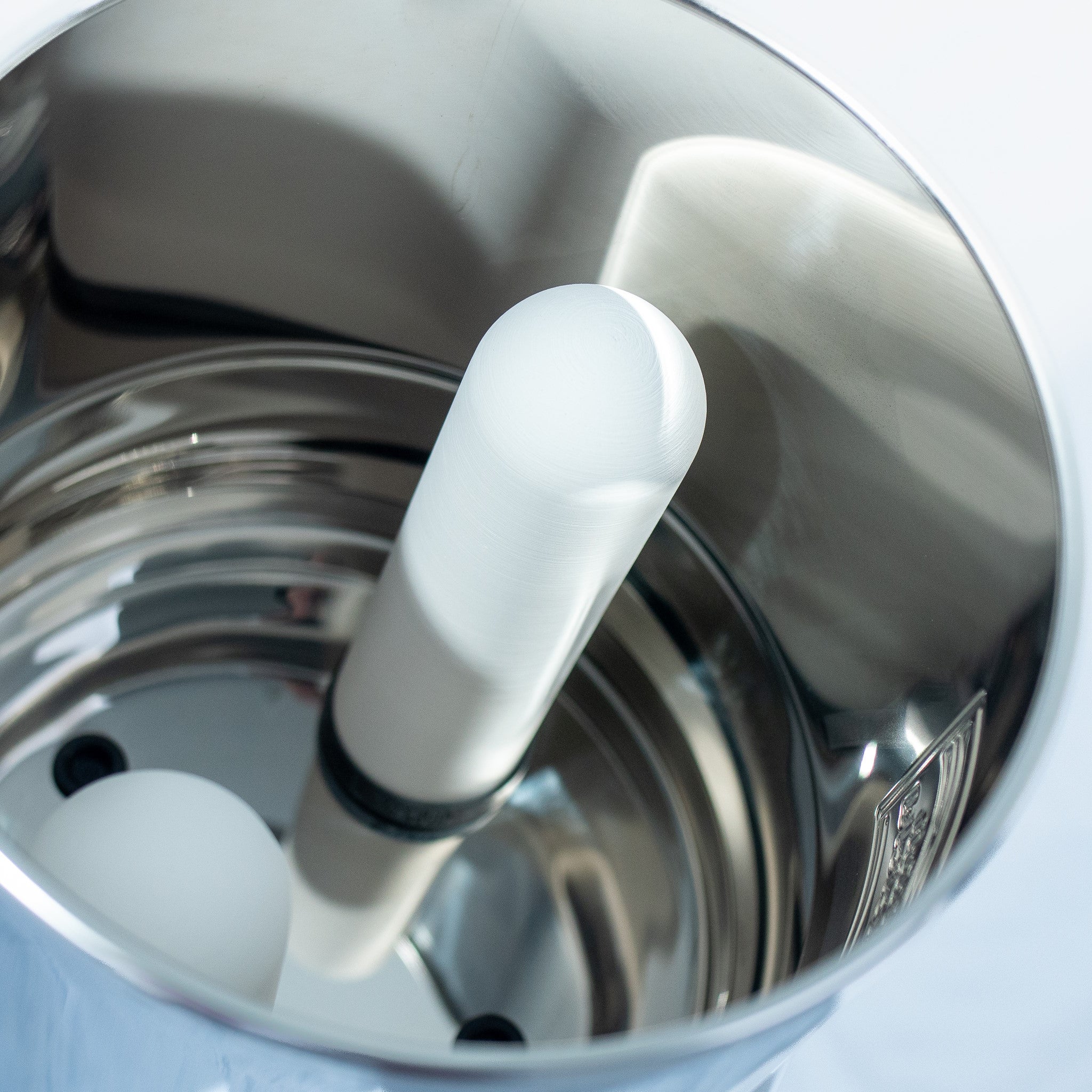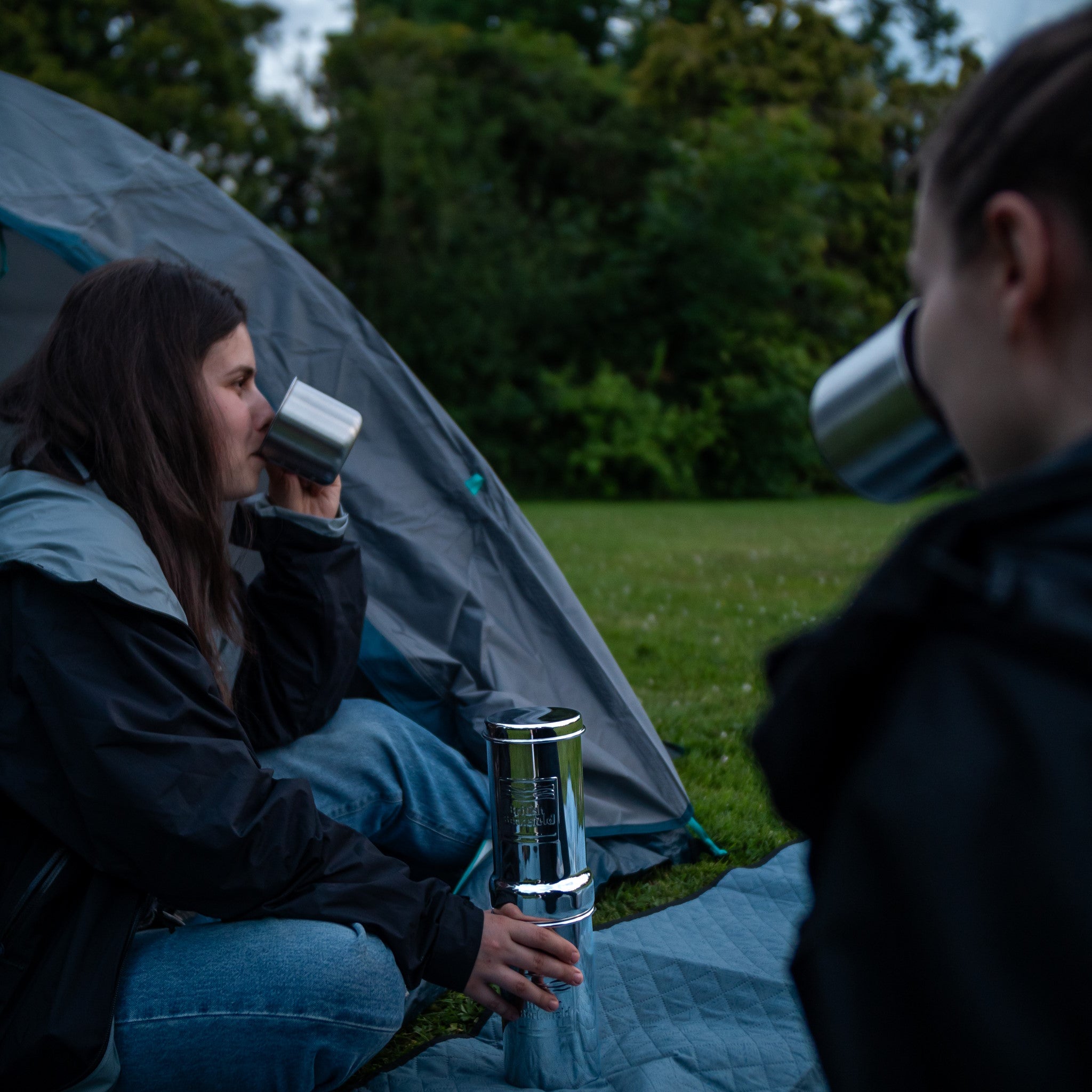British Berkefeld
The world is being overwhelmed by the burden of plastic pollution, with tens of millions of tons of plastic finding their way into Earth's oceans each year. Plastics introduced into ocean can stay for hundreds to thousands of years, undergoing
fragmentation in the process and giving rise to the creation of microplastics. Plastics were designed to be strong and durable, so it’s not surprising it is one of the most persistent pollutants on Earth. Something as small as a plastic bottle can take more than 400 years to break down. In the UK for example, 38.5m plastic bottles are used every day – only just over half make it to recycling, while more than 16m are put into landfill, burnt or leak into the environment and oceans each day. Let’s face the truth about the global surge in plastic pollution; it primarily stems from human activities.
The world is currently grappling with a severe plastic pollution crisis, as millions of tons of plastic make their way into Earth's
oceans every year. Once introduced into the ocean, plastics can persist for hundreds to even thousands of years, undergoing gradual fragmentation and ultimately producing microplastics. This enduring presence is unsurprising, given that plastics were originally designed for their strength and durability. Even something as small as a plastic bottle can take more than 400 years to fully decompose.
To illustrate the scale of the issue, consider the example of the UK, where a staggering 38.5 million plastic bottles are used daily. Unfortunately, only slightly over half of these bottles are directed towards recycling, while more than 16 million are either disposed of in landfills, incinerated, or end up leaking into the environment and oceans on a daily basis.
It's imperative that we confront the undeniable truth about the global surge in plastic pollution: it primarily arises from human
activities. Reducing plastic bottle pollution in the oceans is an important environmental goal that requires individual and collective efforts.
Here are some actions you can take to help mitigate this issue:

Stop using disposable plastics
Ninety percent of the plastic items in our daily lives are
used once and then chucked: grocery bags, plastic wrap, disposable cutlery, straws, coffee-cup lids. Take note of how often you rely on these products and replace them with reusable versions.

Stop buying water
Each year, close to 20 billion plastic bottles are tossed in the trash. Carry a reusable bottle in your bag, and you’ll never be caught having to resort to a Volvic or Evian again. If you’re nervous about the quality of your local tap water, look for a model with a built-in filter.

Educate yourself and others
Educate yourself and others about the environmental impact of disposable plastics. Understand how they contribute to pollution, harm wildlife, and contribute to climate change. Knowing the problem is the first step to finding a solution.










